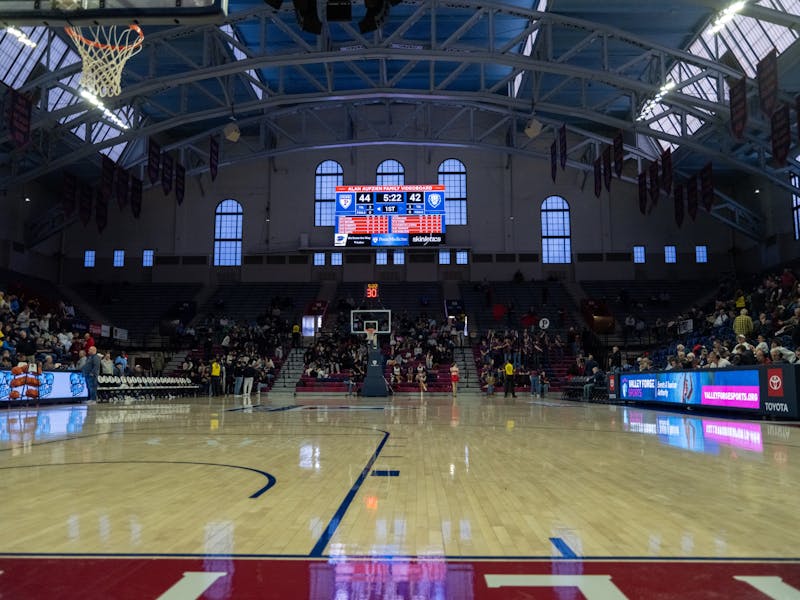
In 1977, Michael Williams was living on the streets of Philadelphia, begging passersby for money. Today, Williams still begs for money, but instead it is to support his campaign for Philadelphia City Controller.
Politics today is riddled with stories of candidates rising from the one-bedroom log cabin to the political stratosphere. Yet rarely have I come across a candidate quite like Williams, a man who, for nine months, had to plea for money, search for food — often in trash cans — and find a warm place to sleep.
Project HOME estimates that on any given day, there are 4,000 homeless people in Philadelphia. To put that into perspective, that is nearly half of Penn’s undergraduate population living on the streets. The mumbling shadow of homelessness haunts this campus as well. We are all familiar with people who so often ask us for just 80 cents — once upon a time, Williams was one of those people.
Williams beat homelessness through the help of his community. A local reverend put a roof over Williams’ head and eventually helped him find a paycheck to put in his pocket. Because of that opportunity, Williams went back to school and eventually to the Law School at Penn. Today, he aims to become a citywide elected official.
The homeless population is growing and is one of the most underrepresented groups in government, which is part of what makes Williams’ candidacy special. While on the streets, Williams says he was rarely treated with dignity by the local government, which is why he has a soft spot for policy aimed at homelessness.
Penn is a leader in policy research focused on homelessness. While the work doesn’t affect the homeless men and women at our doorstep immediately, Penn faculty members are literally writing the book on homeless policy. School of Social Policy & Practice professor Dennis Culhane has been working on homelessness for 26 years and is currently the director of research for the National Center on Homelessness Among Veterans at the United States Department of Veteran Affairs.
But although Penn is working wonders through research and its work on the policy level, there is more that we as students can each do in our day-to-day lives to treat the homeless members of our community better.
The story of Billy Ray Harris, a homeless man in Kansas City, is a great example of why we ought to treat members of our community that live on the streets with dignity on a daily basis. Last month, a woman accidently put her engagement ring into Harris’ collection cup. In a panic, the next day she retraced her steps back to Harris’ spot on the sidewalk.
She then asked if he had seen anything valuable around, to which he responded that he had been holding on to her ring for her. Instead of pawning the valuable ring, Harris kept it to return.
When asked by a reporter why he didn’t trade the ring for much needed cash, Harris replied, “My grandfather was a reverend. He raised me from the time I was six months old and thank the good Lord, it’s a blessing, but I do still have some character.”
If we treated homeless people like the members of the community they are, then we would realize many of them are more like Harris and less like the homeless people we think negatively of as “that one guy …”
While not every homeless person will eventually be a city controller or would have returned a valuable ring, we can certainly do more to give them a chance, and Penn provides many opportunities to do this.
Whether it be getting involved in the many homelessness research projects happening here, taking an academically based community service course, or even volunteering with organizations such as the University City Hospitality Coalition, there is plenty to do.
Not everyone can make these time commitments, but at the very least, we can all begin to treat the people on the streets of our community with dignity. That doesn’t mean emptying your wallet, but at least stop ignoring their existence — give a look in the eye and a “God bless.”
You never know — one day, that man may lead your city or even return your engagement ring.
The Daily Pennsylvanian is an independent, student-run newspaper. Please consider making a donation to support the coverage that shapes the University. Your generosity ensures a future of strong journalism at Penn.
DonatePlease note All comments are eligible for publication in The Daily Pennsylvanian.








